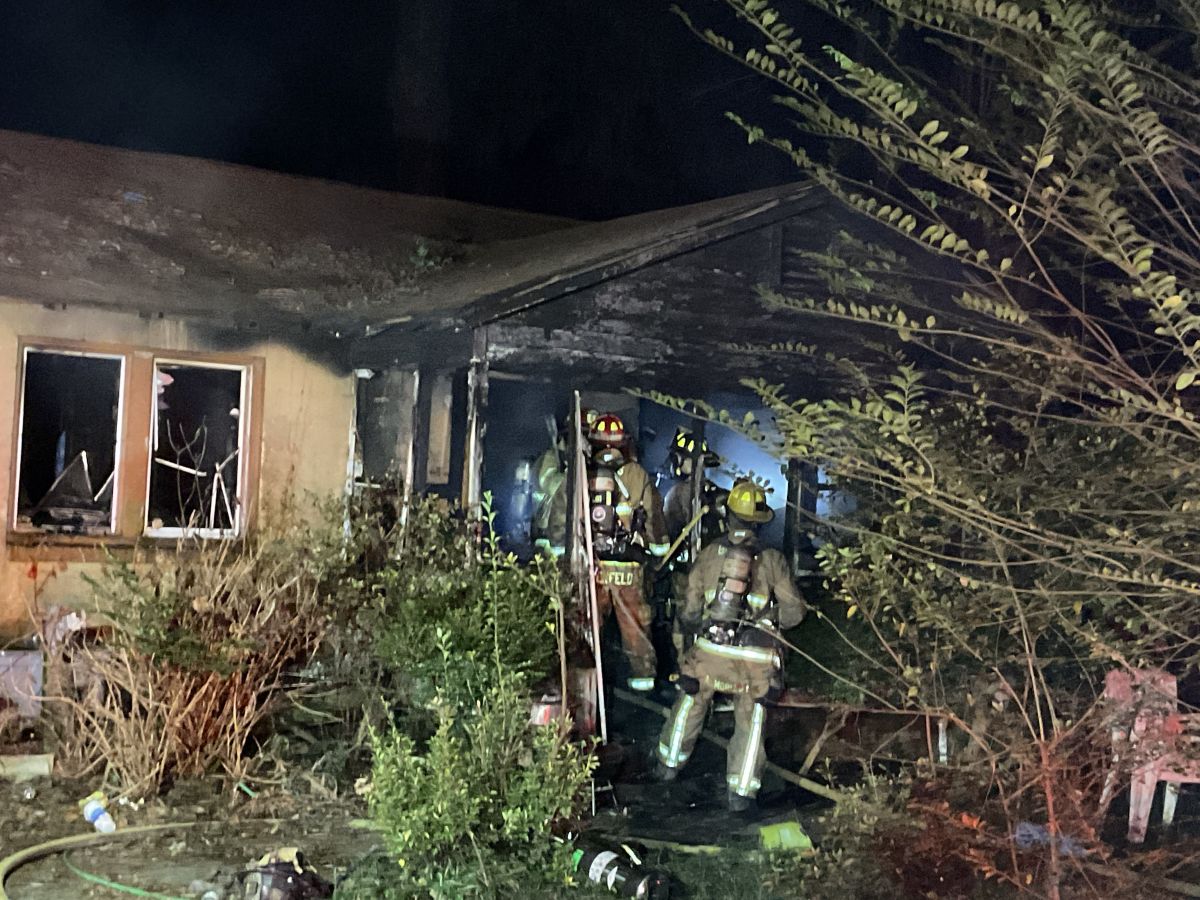By Seanna Adcox
SCDailyGazette.com
COLUMBIA — A regulation on age-appropriate books in South Carolina’s schools that was widely assumed to be dead for the year will instead take effect in a month, unless a supermajority of legislators agree to block it.
The proposed rules governing what’s “age and developmentally appropriate” for K-12 classrooms and libraries never got a vote on either the House or Senate floor before the regular session ended May 9.
But they’re set for approval anyway on June 25 — 120 days after the State Board of Education submitted them for legislative review. By law, that’s when the window for legislators to weigh in — either to approve or reject them — will expire.
Yet the automatic approval caught even GOP legislative leaders by surprise. Some were incensed when they found out in the waning hours of the session — if only because the regulation slipped through by an apparent fluke.
Such a significant regulation skipping a legislative vetting is a problem, Senate Majority Leader Shane Massey told the S.C. Daily Gazette on Thursday.
“I would prefer they not go through. I would prefer that regulations of any type be vetted in the legislative branch before they go into effect,” said the Edgefield Republican. “That’s even more the case when you have significant and impactful regulations. We spend a lot of time in the Senate vetting regulations, most of which don’t matter that much.
“This one will matter,” he said.
A vagueness problem
The regulation bars books that describe “sexual conduct” and creates a statewide system for parents to challenge books they think violate the rules, with an appeals process that gives the State Board of Education final say. Parents must have a child in the district to complain and must first talk with school- or district-level staff for a potential resolution before escalating their concerns.
The problem, say teacher advocates, is that the definition of what’s inappropriate is so broad, even “The Scarlett Letter,” classics by William Shakespeare, and the Bible could be stricken from classrooms.
The regulation ties the definition to the state’s obscenity law, but only to a portion of the code that lists sexual activities. Books and other classroom materials that describe or depict what’s on that list are barred.
During hearings in the House, the state Department of Education’s attorney said the rationale for the wording was to eliminate vagueness.
It actually does the opposite, creating “a vague, unworkable standard,” said Patrick Kelly, a lobbyist for the Palmetto State Teachers Association.
“The Bible makes references to two people becoming one flesh. That’s a description of intercourse,” he said.
He actually credits the State Board of Education for fixing most of his group’s issues with the proposed regulation before submitting it to the Legislature. But the vagueness of the definition could “bog down a local school board with frivolous challenges,” he said.
The regulation limits the number of complaints but still allows up to five a month per parent. That’s a lot for someone who might have a political agenda, he said.
“I worry about a chilling effect on teachers. If I’m a teacher considering whether to assign (Shakespeare’s) ‘A Midsummer Night’s Dream,’ do I worry that it runs afoul of a vague ban?” asked Kelly, also a high school teacher of Advanced Placement government courses.
It’s an easy fix, he said: A possible solution would be to simply add the word “explicit” in the definition.
After all, that would match the stated goal of state Superintendent Ellen Weaver.
In an email to teachers in March, Weaver attempted to assuage teachers’ concerns.
“What I want to stress is that the heart and purpose behind this regulation is to create certainty by providing consistency and clarity for both parents and educators,” she wrote. “I am confident that this uniform process to remove the potential of sexually explicit content being provided to children … will ultimately help lower the temperature and foster trust and partnerships between parents and our public schools.”
Kelly said he agrees with her goal, but “the problem is that the regulation doesn’t say ‘explicit.’
“They were so close to producing a pretty strong product — just a little more time and a little more thought,” he said. “If they could just come back in January and tighten up the language.”
A moving expiration date
That’s exactly what Senate Education Chairman Greg Hembree said he expected to happen.
“We were all operating under the belief it would time out,” the Little River Republican told the S.C. Daily Gazette.
Hembree’s committee never took it up at all. He said he proposed sitting down in the off-session with Weaver and House Education Chairwoman Shannon Erickson to “try to put some polish” on the regulation before putting it before senators in January.
As initially filed, the regulation itself indicated legislators had until March 2025 to reject or approve it. It was assumed — wrongly, it turned out — that the normal 120-day window wouldn’t apply once the regular session ended.
And then someone — it’s not clear to the Gazette who — realized the language to stop that clock was missing from the legislation governing the session’s adjournment.
GOP senators chalk it up to an apparent oversight in the writing of that resolution, combined with an unfamiliarity with the process. Hembree, in his sixth year as education chairman, acknowledged regulations are not something his committee normally handles, certainly not such a controversial one.
On May 13, four days after the regular session ended, the timeline on the regulation was revised. Instead of setting an expiration date of March 1, 2025, it gave June 25, 2024, as the date for automatic approval.
Teachers who are aware are worried, said Sherry East, president of the South Carolina Education Association.
“We’ve received calls from teachers asking how this will impact their instruction next year, and we don’t have an answer for them,” said East, who’s also a high school science teacher in Rock Hill. “We’re in a wait-and-see operation right now.”
Rep. Spencer Wetmore, a member of the House panel that held the only legislative hearing on the regulation, said she’s sure most people have no idea the regulation is set to go through: How could they?
It’s happening “in the most untransparent way something could possibly take effect,” said the Folly Beach Democrat.
The regulation was touted as something that won’t ban the average book, but if school boards must apply this “brightline rule” of what’s considered age-inappropriate, then classics like George Orwell’s “1984” (published in 1949) and Ayn Rand’s 1943 novel “The Fountainhead” “will and should be banned,” Wetmore said.
“I don’t know that Genesis and Leviticus will make the cut,” she said, referring to the Old Testament books of the Bible. “This is going to go in effect and people who are likely to challenge a book will know and librarians will not.”
There are a few possible ways the Legislature could still stop the regulation from automatically taking effect, all of which require supermajority approval before June 25. So, the chances of any of them happening could be slim.
The state Department of Education could also pull the regulation on its own and resubmit it in January. But an agency spokesperson confirmed Friday that’s not going to happen.
“I’m not going to stand in the way” of blocking the regulation’s approval date, if that’s what Senate Republicans want to do, Hembree said.
But that could be an uphill battle, an attempt he likened to throwing a hand grenade into the mix of what legislators still need to accomplish, primarily finalizing the state budget.
He said he’s confident the Department of Education will send guidance out over the summer answering questions and easing concerns.
And if the regulation does cause problems, he said, legislators will fix it when they return in January with a law that would override the agency’s regulation.
“If this has a fatal flaw that reveals itself between now and January, we’ll fix it,” Hembree said. “Instead of blowing stuff up and bringing more stress (to the coming weeks), let’s let it be.”
To teachers, he said, “I wouldn’t panic. I don’t think there’s anything you need to worry about.”
Laura Bayne, a deputy superintendent for communications, said the education department is confident in the State Board of Education’s work on the regulation.
The agency “looks forward to providing clear, collaborative guidance to districts on implementation procedures whenever the regulation becomes final,” she said in a statement late Friday afternoon.
Editor’s note: The article has been updated with a response from the state Department of Education.
Seanna Adcox is a South Carolina native with three decades of reporting experience. She joined States Newsroom in September 2023 after covering the S.C. Legislature and state politics for 18 years. Her previous employers include The Post and Courier and The Associated Press.
S.C. Daily Gazette is part of States Newsroom, the nation’s largest state-focused nonprofit news organization.








